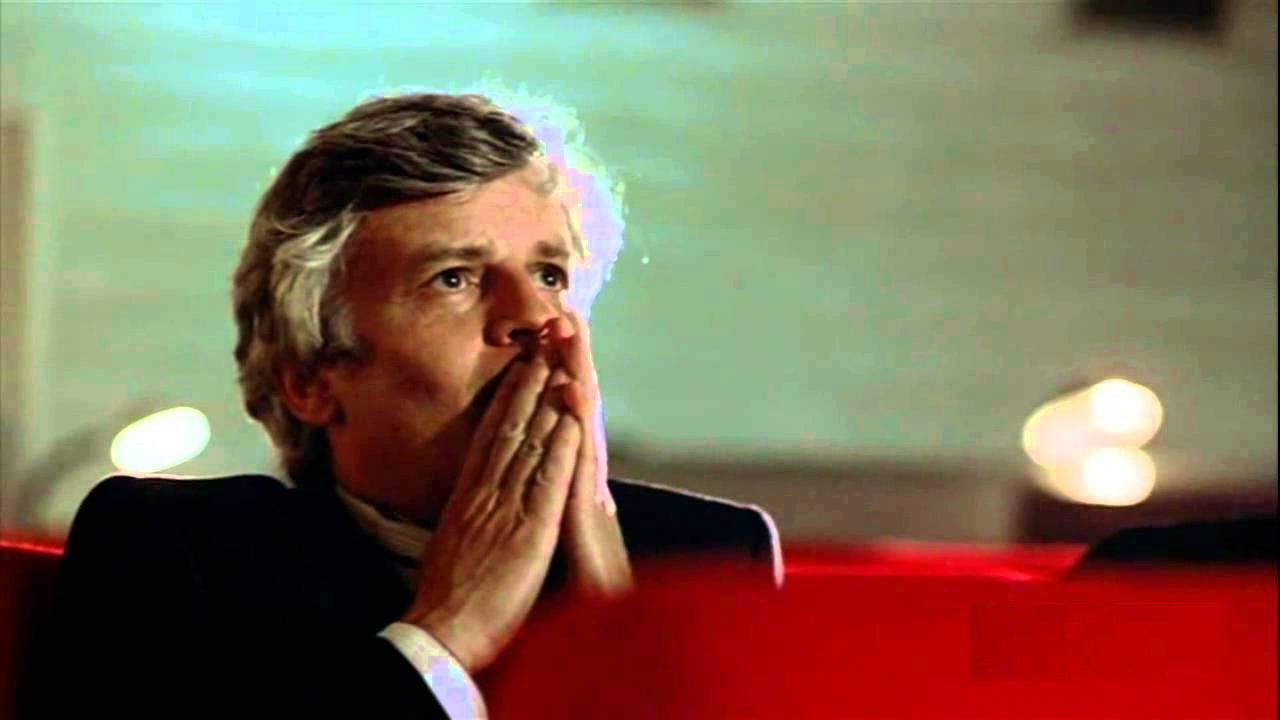
The Ancient Greeks asserted that theatre exists partly to help us as audience members experience catharsis, to put it in contemporary language – everyone needs to watch a weepy from time to time.
Certainly some of the greatest films in history boast memorable scenes of lachrymose intensity that never fail to elicit tears from the viewer. Here are 10 of the best crying scenes of all time. Be warned that the moment of truth generally falls at the climax of the plot so spoilers abound.
10. La Vie en Rose (2007)
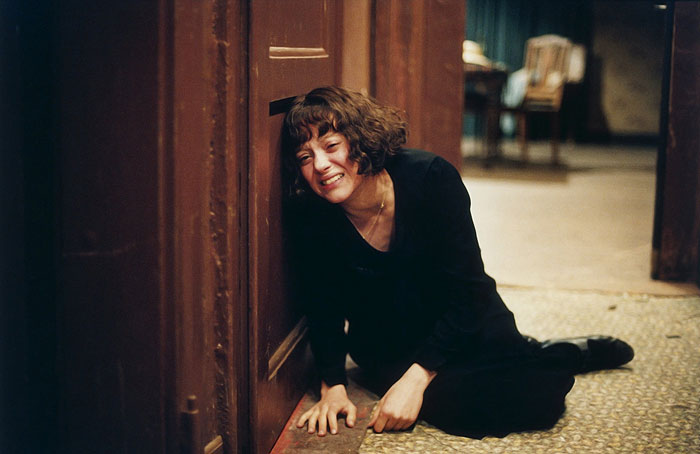
Marion Cotillard deservedly won the Oscar for her portrayal of songbird Edith Piaf. In this creatively told biopic Piaf’s tragic brief life is outlined in vignettes. Perhaps one of the most powerful moments is told with an impressive continuous tracking shot of her with her beloved Marcel.
She wakes to find Marcel beside her in her bedroom and is overwhelmed with joy at their reunion. She fetches him a breakfast tray and breezes past her terribly somber entourage standing grimly in various rooms. She tries to locate Marcel’s watch and becomes more and more frustrated until the news of his death in an airplane crash is broken to her. She runs back to the site of their happy reunion, only to find the bed bare. The horror of this loss shakes her to the core and as she weeps, she is ushered onto stage to perform another of her heart rending songs.
A powerful performance backed up by ingenious cinematic storytelling. The final scene of her signature “Non, je ne regrette rien” (No, I regret nothing) performed to a large audience is intercut with the sad and tender memories of her life. This one certainly plays on the heartstrings.
9. Bicycle Thieves (1948)
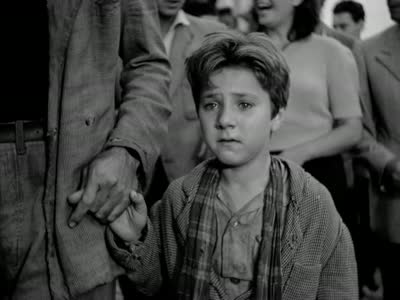
Vittorio De Sica’s iconic Italian Neo-Realist film is about a father and son who spend a day searching the streets of Rome for their stolen bicycle which they desperately need so that dad Antonio, played by Lamberto Maggiorani, can keep his job of putting up posters around town. It is simultaneously a documentary style portrait about the harsh realities of living in post World War II Italy.
At the end of a long and harrowing day which turns up the stolen bike and the thief to no avail, Antonio makes the desperate choice to steal an unattended bicycle. His son Bruno watches in horror as an angry mob catches his beloved father, manhandling and denigrating him in front of his doting son.
Fortunately the owner of the bicycle takes pity on them when he sees the devastated Bruno and allows them to go free. As the destroyed Antonio walks away numbly, his little boy is beside him wiping away his tears with a handkerchief. He places his small hand in his dad’s and stalwart Antonio can no longer fight back the tears.
8. The Piano Teacher (2001)
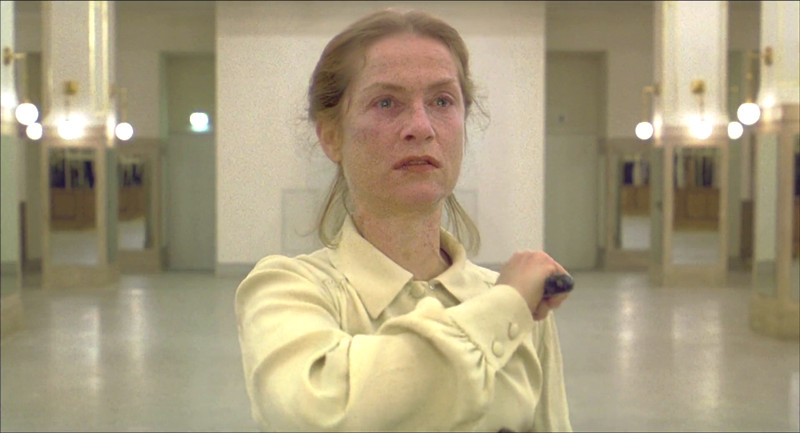
The remarkable Isabelle Huppert was the unanimous winner of the Cannes Film Festival’s Best Actress award for her role as a sadomasochistic piano teacher who becomes fixated on her talented young student.
Directed by Michael Haneke, he of the unflinching eye, Huppert manages to express a tortured world of pent up emotional and sexual frustration with barely the flicker of an eyelid. Watching her face color and dissolve in the final scene is an unforgettable moment of character study par excellence.
7. About Schmidt (2002)
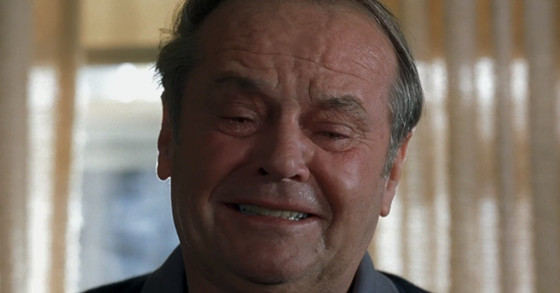
In one of Jack Nicholson’s most memorable roles, he plays a retired insurance man who loses his wife and embarks on a cross country trip to his daughter’s wedding. In an artfully handled voiceover he narrates the letters he writes to a small boy he sponsors in Tanzania after seeing an ad on TV.
This darkly funny and deeply sad portrait of a man in the depths of an existential crisis comes to a head in the final scene when Schmidt receives a letter from 6 year old Ndugu, who is represented by a nun who cares for the orphan boy.
As Schmidt hears for the first time of the realities of this child on the other side of the planet and looks at the picture drawn for him by Ndugu, tears well up in his eyes. It is a truly touching moment of realization for him and for us, one that will no doubt stand the test of time.
6. Three Colors: Blue (1993)
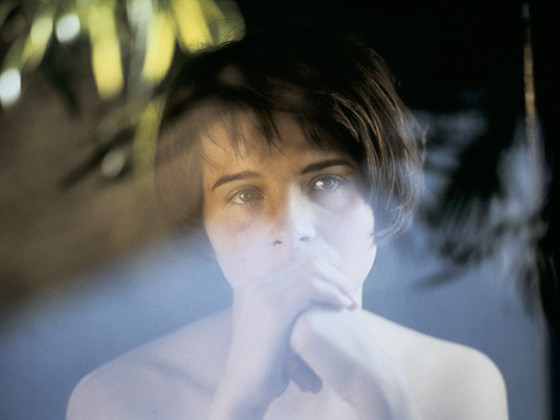
Krzysztof Kieślowski’s first of a trilogy that celebrate French Revolutionary ideals, Blue is an investigation of Liberty from emotional attachments. The magnetic Juliette Binoche spends most of the film quietly coming to terms with the sudden loss of her husband and daughter in a car crash. It is not the only film on our list to have music at its center, her husband was a famous composer and his music seems to haunt her throughout.
Julie tries to isolate herself after a failed suicide attempt. She sells the family home but keeps a beautiful blue glass mobile. It, along with her husband’s score and a lollipop she discovers in her handbag, the same one that her daughter had eaten just before their accident, are all that remain of her family in the material world. Watching her consume that lollipop is one of the most painful moments in cinema.
As Julie comes to terms with the terrible loss and betrayal, we watch her mostly not cry, but push through the horrible numbness of deep grief. In the final scene we finally see her allowing the sadness to flow as a montage reveals the various people who have crept into her heart despite her best efforts to remain alone and removed from the possibility of emotional vulnerability.